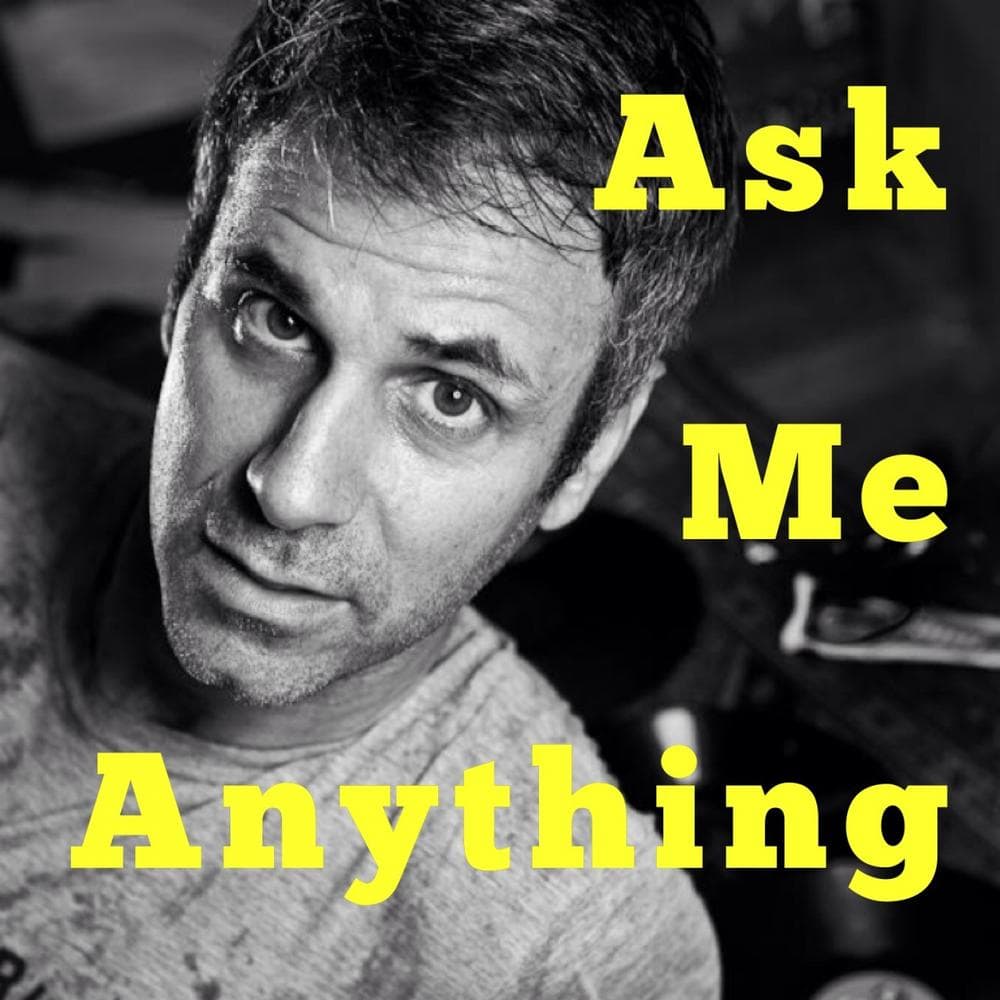Advertisement
Heavy Meddle: My 'Mommy Issues' Are Ruining My Love Life
Dear Steve,
A woman I love deeply has just left me; she kissed someone else and overnight things changed immensely.
I could talk for days about our bond and its intricacies, but I'm writing you because I have found myself examining equally our relationship as well as the first bond I ever had with a woman, my mother.
Growing up, my mother was neither emotionally affectionate nor physically. Am I making a mad dash into love because of a deep desire to fulfill what I never got from my mom? Aren't we all? How much of what motivates us in romantic relationships stems from a desire to honor or repair what we had (or have) with the woman who loved us first?

Your fan,
Mama’s Lost Boy
…
Dear MLB,
I (along with most every psychologist on record) do think you’re on to something. Much of how we learn to love, and fail to love, derives from our relationship with our mother. As the parent of three very little children, I can see how much our kids are shaped by my wife, given permission to express affection and nourished by the affection that she showers upon them. To lack that sense of assurance — to feel, as a child, that your mother isn’t available to love you — isn’t just devastating in the moment. It creates a feeling of doubt around seeking and holding on to intimacy, a deficit of trust.
I totally get that, and commend you for having the courage to look back at what might be the root of your struggle.
All that being said, I found your letter confusing.
You write:
A woman I love deeply has just left me; she kissed someone else and overnight things changed immensely.
Advertisement
If a deep-seated insecurity causes you to charge into love recklessly, then it’s your job to dig into the past and work through those feelings.
What does this mean? That she kissed someone else and realized she didn’t love you and split? Or that she kissed someone else and confessed this to you and you got furious and/or refused to forgive her, and thus she left? There’s a big difference.
Later on in your letter you talk about “making a mad dash into love” because of your mother’s inability, or unwillingness, to express affection. But I don’t know what this means either, really. Is this a pattern in your life — to hurtle headlong into romance? Is that what happened with the woman who left you?
I can’t really give you clear advice until you provide me (or actually, and more importantly, yourself) a clearer sense of what happened with this woman. Be as brutally candid as you can. Did you rush this woman? Was her kissing someone else an effort to slow you down, or drive you away? Did she feel smothered by your neediness? I’m speculating because I don’t have enough raw data to draw conclusions. But you do.
I do happen to believe that people’s psyches are shaped by their early childhood experiences, and that they tend to re-enact these dynamics. If they have a mother who withheld love from them, they unconsciously create scenarios in their own lives in which love gets withheld from them by mother figures. If I had to describe my dating life from ages 18 to 38, that would be a decent executive summary.
But here’s the thing, MLB: at a certain point you have to take responsibility for your own happiness. If a deep-seated insecurity causes you to charge into love recklessly, then it’s your job to dig into the past and work through those feelings. That doesn’t happen simply by announcing an insight (“Hey! Maybe my mommy issues are undermining my love life!”) It happens by sitting down, with a professional if possible, and looking back through the rubble.
In my own experience, that takes longer than you think it will, and costs more money than it should. But the alternative is to continue messing up.

A quick story that feels apropos, before I put this one in the ditches:
When I was about 35-years-old, I went on a vacation to some nice mountain area with my parents. On a hike with my dad, I decided to confide in him about how unhappy I was to still be unmarried and without a family. He suggested that I get into therapy. I was stung by this advice, and told him so. I’d been expecting sympathy, after all, not a prescription.
“I didn’t mean to hurt your feelings,” my dad said to me, somewhat innocently. “I just want you to be happy. And it sounds like you need some help working through things before you’re going to let yourself be happy.”
He was right.
Both for me, and for you.
What happened between you and your mother, whatever kept her from loving you more expressively, can’t be undone. That’s the bad news. The good news is that you still have an opportunity to do better. Take it.
Shine,
Steve
♥
Okay folks, now it's your turn. Did I get it right, or muck it up? Let me know in the comments section. And please do send your own question along, the more detailed the better. Even if I don't have a helpful response, chances are someone in the comments section will. Send your dilemmas via email.
This program aired on September 23, 2013. The audio for this program is not available.